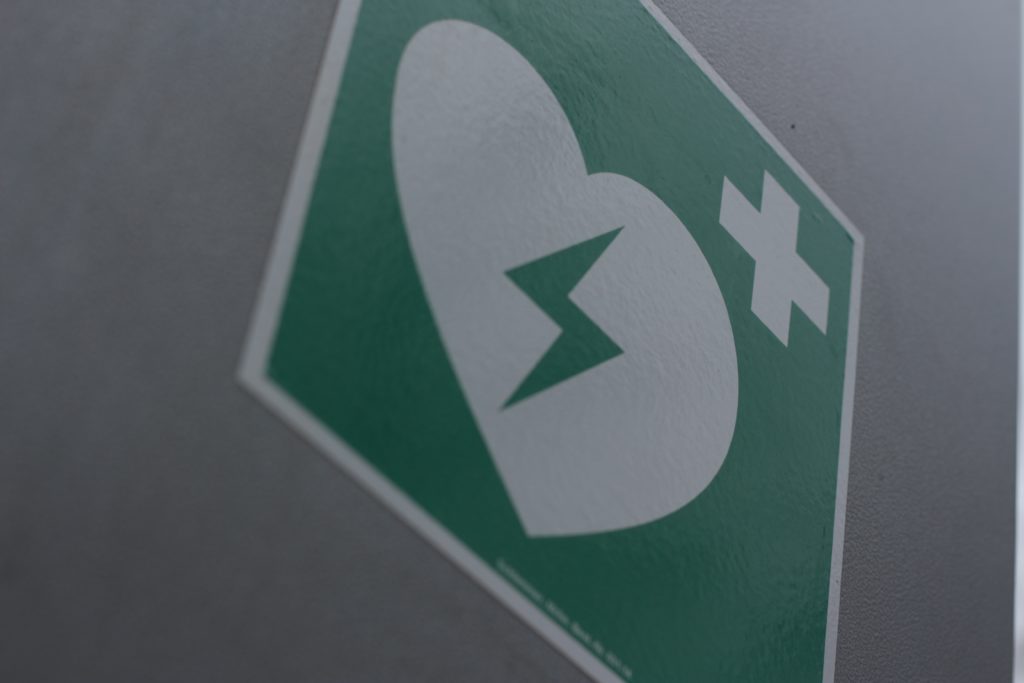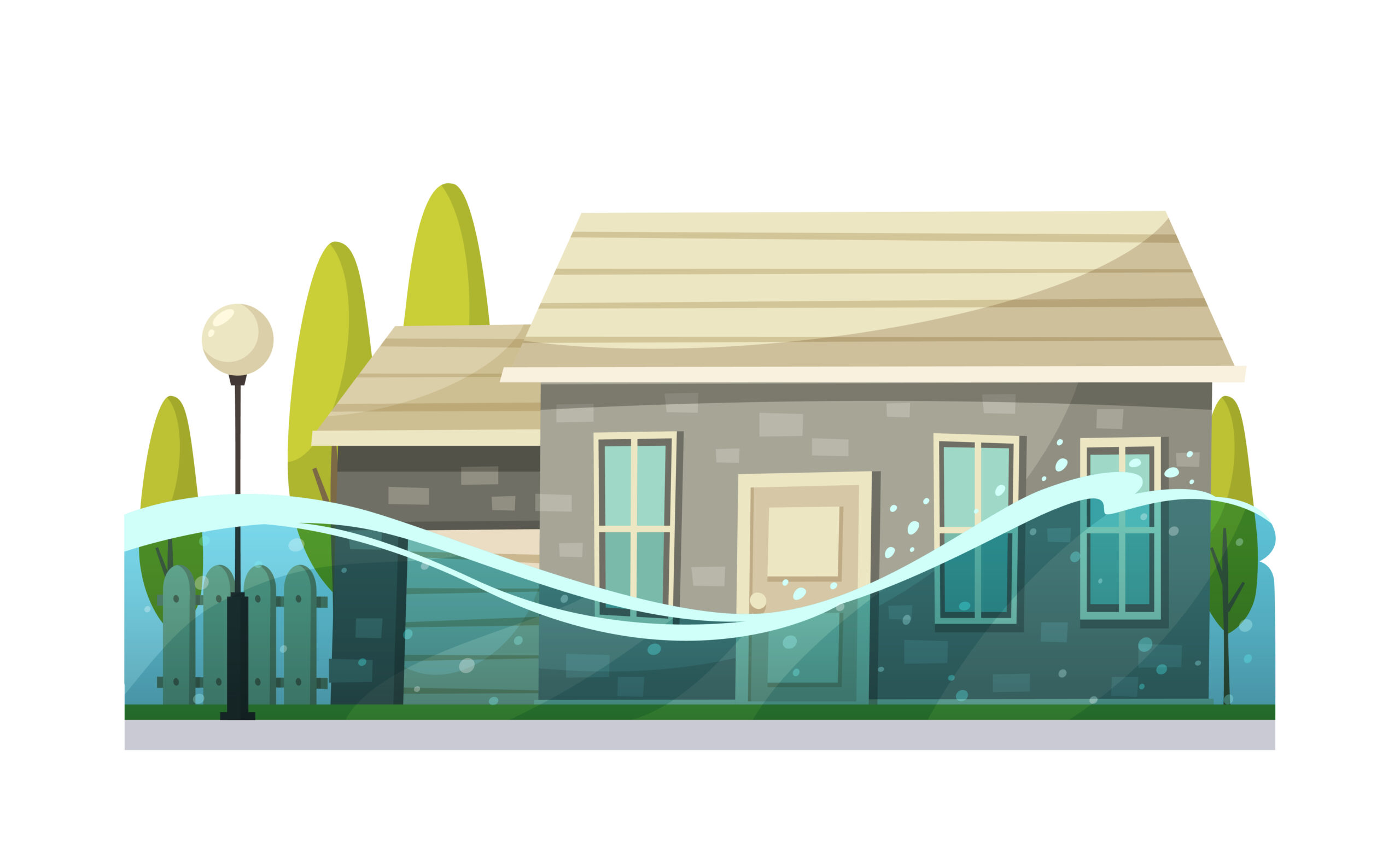The early symptoms of heart failure are often subtle but leaving them unaddressed and without treatment can be dangerous.
Many people tend to ignore signs of heart disease and often attribute them to old age. However, it is not always the case, and what perceives as a simple ‘chest pain’ could turn into something serious.
Therefore, it is very important to find an easy way to identify these early warning signs.
What Is Heart Failure?
Heart failure is a serious condition that occurs when something damages the heart muscle, reducing the heart’s ability to pump blood throughout the body. In most cases, the damage stems from coronary artery disease (CAD) and heart attack.
Approximately 300,000 Australians live with chronic heart failure, with 30,000 new cases diagnosed yearly. Unfortunately, there are instances where the very first symptoms can lead to a serious event, such as a heart attack or stroke.
The good news is that there may be more subtle signs that you need to be aware of and watch out for. Early recognition of heart failure symptoms can help you get the treatment you need to prevent further complications.
What Are The Early Warning Signs Of Heart Failure?
Here are some of the early warning signs of this life-threatening condition.
Chest Pain
Chest pain is one of the most common signs that a heart is in danger. A damaged artery or someone having a heart attack may suffer pain, tightness, and pressure in the chest area.
This symptom may vary depending on the person. Some may feel like an elephant is sitting on their chest, while others describe it as a pinching or burning sensation.
The pain usually lasts longer than a few minutes, and it may occur while you are at rest or when doing some physical activities.
Fatigue
A heart failure can cause fatigue because less oxygen-rich blood flows into the organs to keep up with the demand. It means that the heart, which is responsible for pumping blood throughout the body, is working twice harder to keep up with the blood circulation.
Shortness Of Breath
The appearance of fluid in the lungs can make it difficult for carbon dioxide in the blood to exchange into oxygen. This makes it harder for the person to breathe in a lying position because gravity allows fluid from below the lungs to travel upwards.
Edema Or Ankle Swelling
Several areas of the body can swell, including your feet and ankles, as a sign of a heart problem.
Edema is a heart failure symptom due to the kidney’s inability to filter the sodium properly. The heart will then release the chemicals resulting in fluid buildup, making breathing harder for you.
Heart Palpitations
You may experience heart palpitations, with the feeling like your heart is racing, pounding, or skipping. Your pulse rate will feel much faster than normal because the heart is not getting as much blood as it needs.
Without blood, the heart weakens, causing it to beat in irregular patterns.
Excessive Sweating
Feeling hot and clammy, along with excruciating chest pain, are signs of heart failure.
When To Seek Help?
The symptoms mentioned above may be early signs that fluid is building up, and the condition of your heart is getting worse. If you or someone is experiencing two or more of these signs, get medical care immediately.
Call triple zero 000 for chest pain and discomfort that lasts more than 15 minutes and if the person is suffering from shortness of breath and near-fainting.
Monitor the person for other signs such as fast irregular heartbeats and racing heart that do not go away.
Takeaway
Most common heart failure symptoms are associated with other medical conditions.
However, for recurrent and persistent symptoms, it is recommended to seek medical care. The doctor can assess these signs and determine if a heart problem is involved.
We also suggest enrolling in a first aid course to know how to act in heart-related emergencies. The lifesaving intervention from first aid techniques can help stabilise the victim while waiting for further help.








